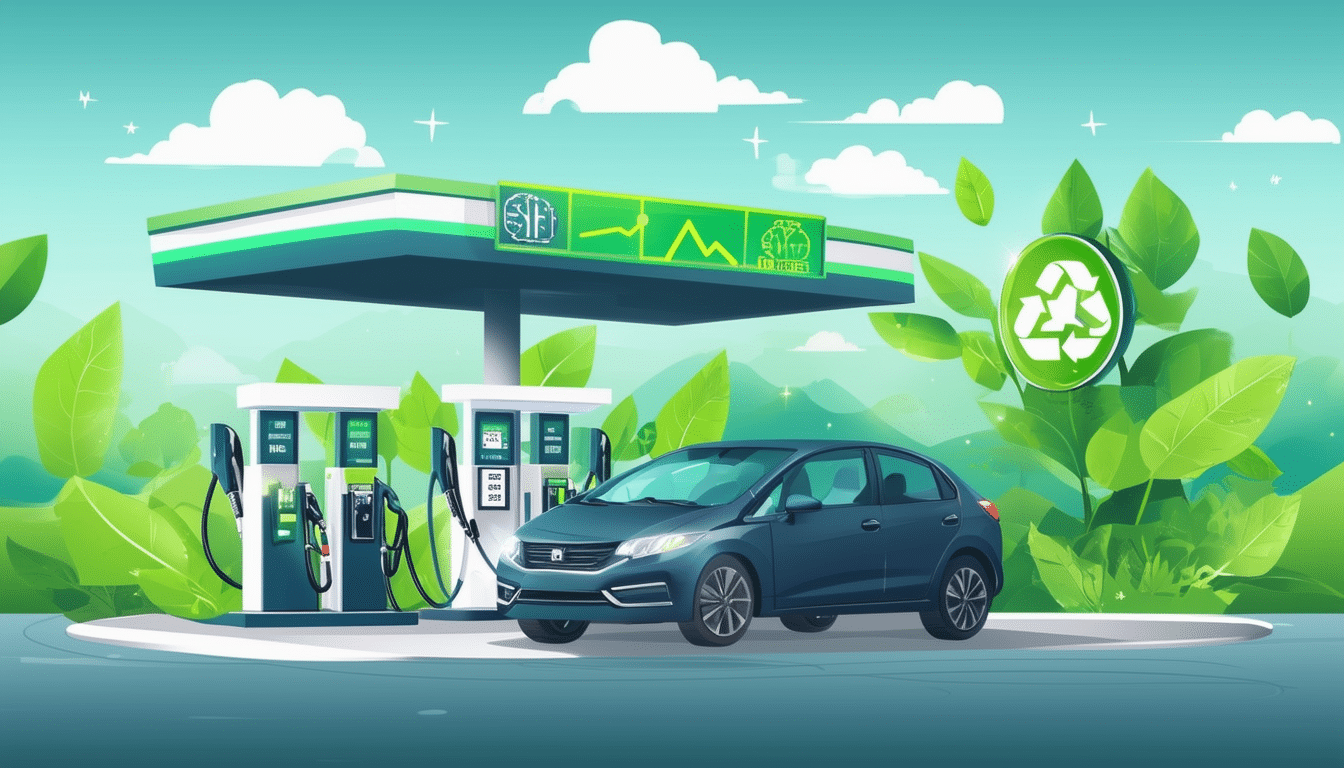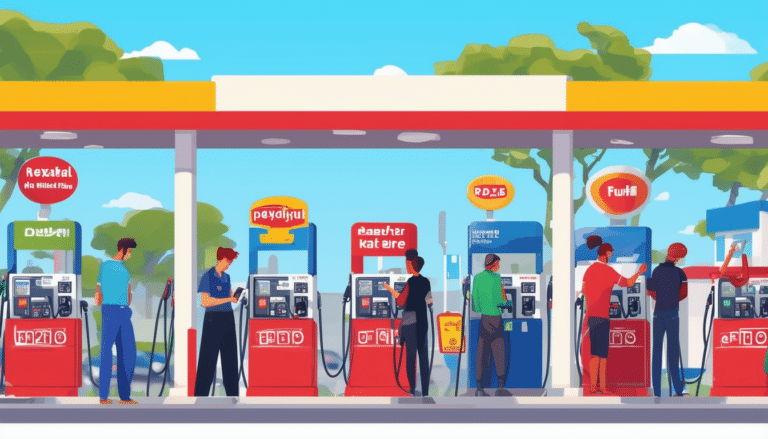Techniques to effectively maximize the performance of your gas tank and reduce expenses

With the constant rise in fuel prices, it is crucial to adopt effective techniques that allow maximizing the efficiency of the gas tank. By implementing appropriate strategies, not only can significant savings in expenses be achieved, but it also contributes to a more efficient and sustainable driving style. In this context, it is important to explore various practices that help drivers optimize their trips and enjoy a more economical experience behind the wheel.
In times of constant increases in gas prices, it is essential to adopt effective techniques to maximize the performance of the gas tank and thus reduce expenses. This article presents various strategies that any driver can implement to optimize fuel consumption and make each trip more economical.
Fundamental considerations for efficient driving
One of the first recommendations to improve fuel efficiency is to properly plan your trip. This not only involves choosing the shortest route but also considering traffic conditions and the time of day to avoid unnecessary waiting times. Fewer stops and starts mean reduced gas consumption.
Driving speed and its impact on consumption
The driving speed plays a crucial role in fuel expenditure. Driving at a constant and moderate speed helps optimize engine performance. Avoiding abrupt acceleration and using the brake efficiently can significantly reduce consumption. The best speed to maximize fuel efficiency is usually between 80 and 100 km/h.
Regular vehicle maintenance
Regular maintenance is essential to ensure the vehicle’s proper functioning and, consequently, to optimize fuel consumption. Checking tire pressure, replacing dirty air filters, and ensuring the engine is in good condition are practices that should be done periodically. A well-maintained vehicle consumes less fuel and has better overall performance.
More efficient driving practices
Adopting more efficient driving practices can make a difference in gasoline consumption. Maintaining a consistent speed, using engine braking, and anticipating stops are techniques that allow for optimizing fuel usage. Additionally, avoiding leaving the vehicle idling when unnecessary can further contribute to consumption efficiency.
Optimization of vehicle load
The load transported by the car also influences the performance of the gas tank. It is advisable to avoid unnecessary loads and optimize the use of trunk space. Each additional kilogram can increase consumption, so it is essential to carry only what is necessary on each trip.
Use of technology for fuel savings
Technology is constantly advancing, and there are devices that help reduce gasoline consumption. Incorporating a fuel consumption gauge can be useful to monitor the vehicle’s performance in real-time and make adjustments in driving style. Undoubtedly, taking advantage of technology such as applications that suggest more efficient routes can significantly reduce fuel expenses.
Alternatives to reduce fuel costs
Finally, it is important to explore alternatives that can help reduce costs. Some people choose to combine trips, carpool, or even use public transportation when feasible. These practices not only reduce fuel expenses but also decrease vehicle wear and tear.
Conclusion
Implementing these effective techniques to maximize the performance of your gas tank will contribute not only to reducing expenses but also to making your driving experience more economical and efficient. Adopting a conscious driving style and taking the time to perform proper maintenance are crucial steps towards more optimal fuel consumption.
Saving on gasoline consumption has become an urgent necessity for many drivers, especially in a context where fuel prices continue to rise. To optimize fuel usage, it is essential to adopt efficient driving practices that not only improve the vehicle’s performance but also significantly reduce gasoline expenses.
One of the most effective techniques is to maintain a constant speed while driving. Accelerating and braking abruptly increases fuel consumption, so it is advisable to anticipate stops and make smooth maneuvers. Additionally, regularly checking tire pressure can improve fuel efficiency, as properly inflated tires reduce rolling resistance.
Planning trips also plays an important role in saving gas. Avoiding traffic jams and choosing shorter routes can be decisive in not consuming fuel unnecessarily. Likewise, turning off the engine during prolonged stops and opting for adequate vehicle maintenance will ensure that the engine is functioning optimally, thus contributing to lower gasoline consumption.
Finally, it is vital to use the air conditioning and other electrical devices in the vehicle consciously, as excessive use can increase the load on the engine and, consequently, fuel consumption. Incorporating these habits will not only maximize the performance of the gas tank but also help contribute to a more sustainable environment by reducing unnecessary emissions. Adopting these strategies can make a significant difference in fuel expenses and in daily driving efficiency.





